It's that time of year again when we remind ourselves that 2024 was, in many ways, a good year for wildlife! The Tories were ousted, and the hunting industry is terrified that its days are numbered. Here's ten reasons why this year was a positive one.1. The argument has been won! Trail hunting IS a smokescreen!2024 saw a crucial turning point in the fight against hunting with dogs when the Labour party acknowledged that trail hunting is just a smokescreen for illegal hunting. The party vowed in its manifesto that it would strengthen the Hunting Act to close the loophole. And Labour's Environment Minister, Mary Creagh, reiterated this in December, saying that the government is committed to its promise. This is a massive win for campaigners, hunt saboteurs, hunt monitors and the public, who have tirelessly worked for two decades for politicians to acknowledge that trail hunting is, indeed, a smokescreen. On top of this, all major landowners, such as the National Trust and Forestry England, doubled down on their stance against trail hunting, and will not be granting hunts licences any time in the near future. Matt Longman, the lead on fox hunting crime for the National Police Chiefs Council, also stood by his comments about trail hunting, calling the bloodsport "possibly one of the most farcical eras in criminal justice history". The Hunting industry is, of course, running scared. It no longer campaigns for the repeal of the Hunting Act. Rather, it is desperately lobbying politicians to leave the legislation - complete with all its pro-hunting loopholes - untouched. 2. Scotland bans snaresScottish law makers banned snares and glue traps back in March of this year as part of the Wildlife Management and Muirburn (Scotland) Act, but it finally came into force on 25 November, one year after Wales’ snare ban. One figure estimated that before both Scotland and Wales banned snares, 1.7 million animals were caught in snares across the UK every year. This figure will drop considerably if the bans in both countries are enforced. Scotland's ban also puts immense pressure on Starmer's Labour government to keep its manifesto promise and ban snares too. 3. Guernsey bans lamping, snares, leg-hold/gin traps and glue trapsGoing a step further than Scotland, the states of Guernsey, a self-governing dependency of the UK, voted through a ban on lamping, snares, leg-hold/gin traps and glue traps in July. Lamping is so-called because hunters use high-voltage spotlights to light up areas of the countryside at night, which reveal animals such as rabbits and foxes. When an animal is caught in the beam of light, she is dazzled and freezes. The lamper will then use either a gun or hound(s) to make the kill. The practice is still legal in England, Wales and Scotland with land owners’ permission. 4. The MOD stops licensing huntingIn September, the Hunt Saboteurs Association (HSA) announced that the Ministry of Defence (MOD) granted no trail hunting licences for the 2024/25 season. For those of us who have campaigned for years – members of the public, hunt saboteurs and monitors, and, of course, Protect the Wild – we should celebrate this significant victory. A Freedom of Information request, published by the HSA, revealed that there have been eleven requests for trail hunting licences for the 2024/25 hunting season, but zero have been granted. 5. Famous Knepp Estate finally bans huntingKnepp – the famous Sussex rewilding project – quietly amended its trail hunting policy a few days after we delved into the estate’s ties with fox hunting. Run by estate owner Charlie Burrell and his wife Isabella Tree, Knepp’s 3,500-acre rewilding project was well-known for hosting the Crawley and Horsham Hunt’s opening meet for years. In fact, Burrell's family has a long history of allegiance to the hunt. Knepp’s decision will have been influenced by an outraged public, and by footage of wildlife chases, captured by hunt saboteurs. We should all celebrate this as a massive victory for foxes and other wildlife. 6. Businesses and organisations reject the hunting industryNumerous businesses and organisations took a stand against hunting in 2024. The famous pub and brewing company Greene King caused embarrassment for the British Hound Sports Association when it prevented hunters from using one of its venues; the Uffington White Horse Show listened to public opinion and banned the Old Berks Hunt, which had been parading at the event for more than 30 years; and Cornwall's Port Eliot Estate stopped all equestrian events which were in aid of the East Cornwall hunt. Wymondham Town Council made the decision that it will not grant the Dunston Harriers, which hunts hares, permission to parade on Boxing Day 2024. And the year ended with Ludlow Castle seemingly distancing itself from the Ludlow Hunt's Boxing Day meet. The hunt had been due to congregate inside the castle, but after campaigning by Action Against Foxhunting, the hunt's event listing was amended and advertised as taking place at The Market Square rather than Ludlow Castle. 7. Brian May's explosive BBC film exposes the badger cullIn August, Queen guitarist Brian May's landmark film was aired on BBC Two. Four years in the making, it exposed the flawed science behind the government's controversial badger cull, and featured undercover footage revealed by Protect the Wild in 2022. The documentary tells the story of May teaming up with Anne Brummer, CEO of the Save Me Trust, as well as dairy farmer Robert Reid and veterinarian Dick Sibley. The commissioned research took more than 10 years to investigate and showed how the causative agent of bTB is spreading among cow herds. The team proved that the key to tackling bTB lies in cows, not badgers. May said:
8. 2024 sees groups and celebrities collaboratingOne of the major positive aspects of this year was the successful collaboration among so many groups. Hunt saboteurs and monitors continued to support each other and join forces to prevent hunting; meanwhile Protect the Wild's Equipment Fund saw us donating up to £2,700 per month to groups on the ground, thanks to YOUR support. Meanwhile, June saw a massive 60,000 of us marching in the same direction as we demonstrated through London on the Restore Nature Now march. Protect the Wild's Charlie Moores said of the event:
2024 also saw us teaming up with celebrities. Following the findings of our shocking annual report on the 23/24 hunting season, several familiar faces signed Protect the Wild's open letter to the Labour Government voicing support for stronger anti-hunting legislation. Stars included Dame Judi Dench, Sir Mark Rylance, Peter Egan, Megan McCubbin and Ricky Gervais. Finally, Channel 4 News teamed up with hunt saboteurs, exposing fox hunting by broadcasting exclusive footage, and by publishing stories about the biased policing of hunting. This much-needed coverage reached huge numbers of the public, raising awareness that legislation around hunting urgently needs to change. 9. More hunts foldLike in 2023, a bunch of hunts folded in 2024. The year began with the Caerphilly and District Hunt hosting its final meet on 6 January. The proposal to disband was voted on and unanimously agreed upon at the hunt’s EGM. In July, the Monmouthshire and Valley Beagles (M&VB), which used to hunt hares, disbanded. The hare hunting packs are falling one by one, but this still leaves 50 beagle packs in England and Wales. Also in July, pro-hunting organisation Hunting Kind announced that Wales’ Eryri Hunt was disbanding. The Eryri hunted on foot in Eryri (Snowdonia), north-west Wales. It was a foot pack that moved fast, without many supporters, and could be elusive. In December, Glasgow Hunt Saboteurs announced that the Liddesdale Foxhounds folded. The sabs described the pack as "one of the oldest fox hunts in Scotland." and that "the Hunting with Dogs (Scotland) Act was the cause of the hunt folding over the summer of 2024.” The year ends with just seven registered hunts left in Scotland. 10. Some wildlife thrived in 2024!Finally, it may come as a surprise that some species of wildlife did very well in 2024. White Storks continue to make a strong comeback to the UK, thanks to the White Stork Project, run by the Knepp Wildlife Foundation. The project stated:
Meanwhile, in Kent, the Red-billed Chough, once extinct in the south-east, began to be reintroduced in 2023, and in September of this year 11 Choughs were released from captivity near Dover. In the summer, Kent Wildlife Trust stated:
Meanwhile, the Red-billed Chough has made a return to Cornwall, and the Cornwall Wildlife Trust estimates that there are now well over 200 birds and record numbers of chicks fledging. Back to Kent, and the UK's only free-roaming bison herd is thriving in Blean and Thornden Woods. Three female bison were released in 2022, with one matriarch giving birth soon after she arrived, much to the surprise of those who reintroduced her. Since then, the Kent Wildlife Trust and the Wildwood Trust introduced a bull to the herd, which then led to the birth of two more calves. Heading north, on Northumberland's Coquet Island Roseate Terns thrived after their populations were devastated by avian flu in both 2022 and 2023. The RSPB reported that:
Meanwhile, the charity also reported that Arctic Terns fledged their highest number of chicks ever per pair. Eurasian Beavers, too, continue to be released across the UK with success. In December, two beavers were released into a part of the South Downs National Park. Beavers were hunted to extinction in the 16th century, but have been reintroduced across multiple sites in the country. So, as 2024 draws to a close, there are many reasons to stay optimistic! Thank you for supporting us in 2024, and we will continue to work hard for British wildlife in 2025.If you’d like to donate to support Protect the Wild’s vital work you can do so using the button below. |
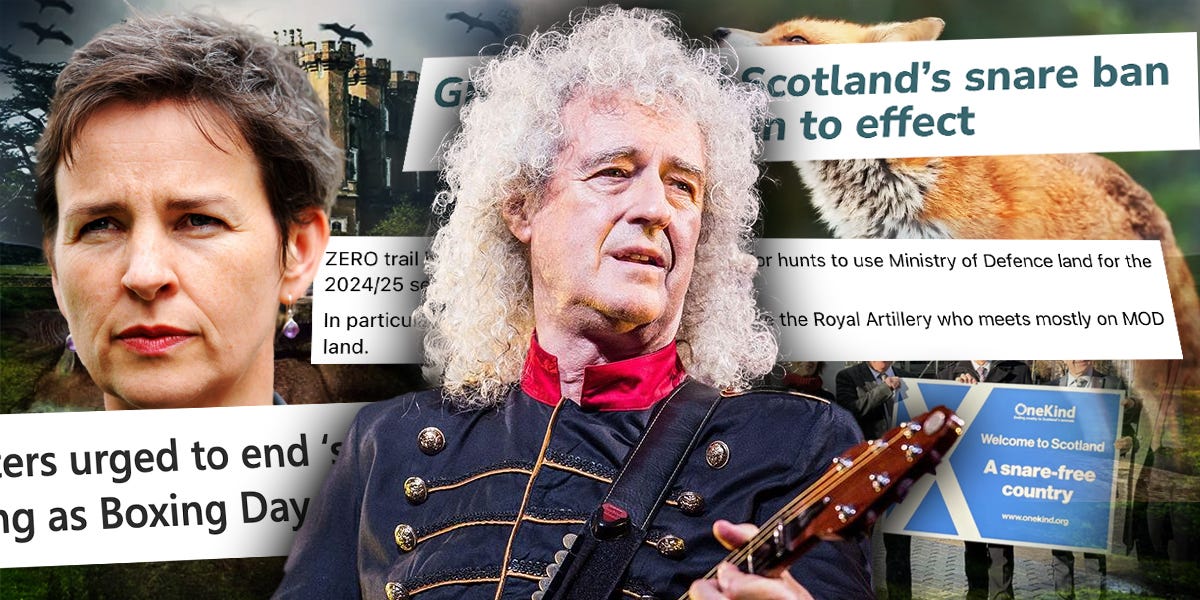


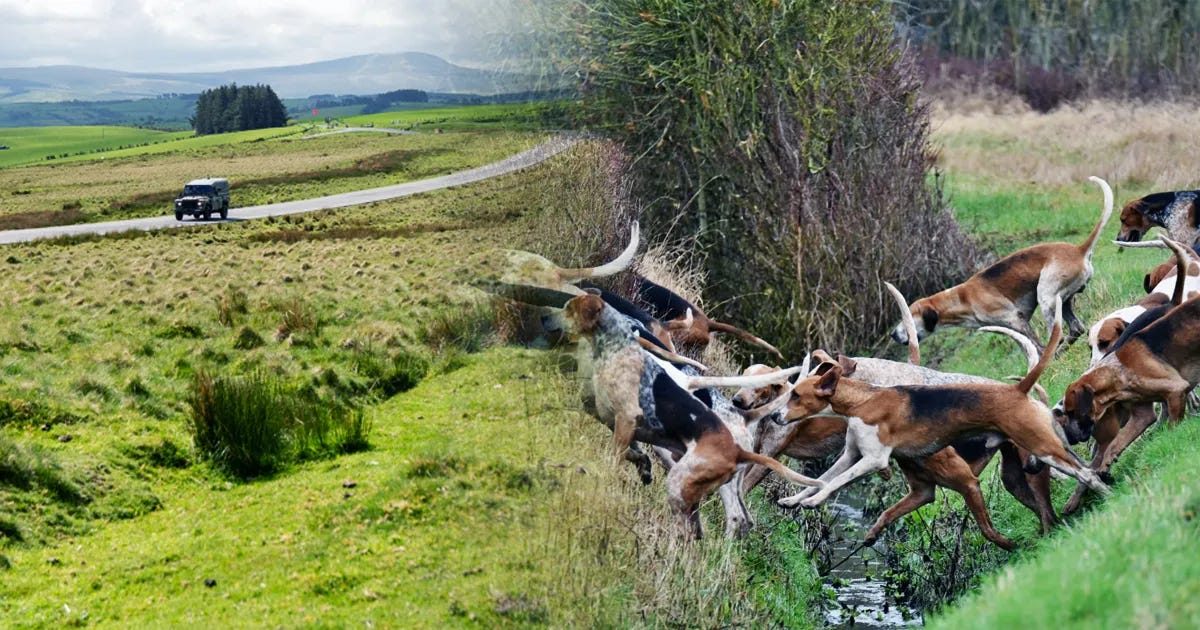
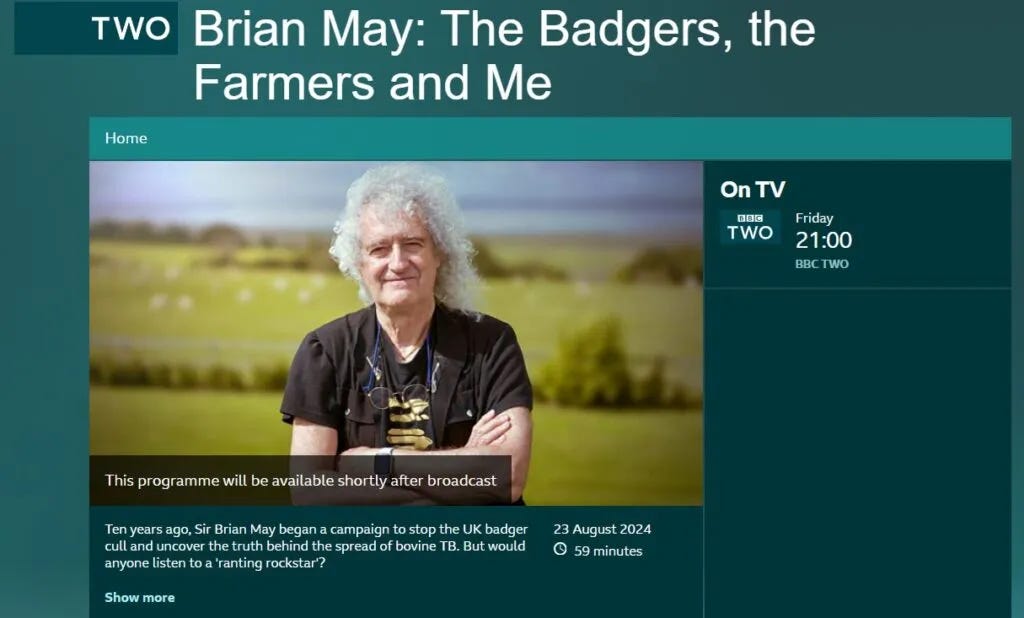
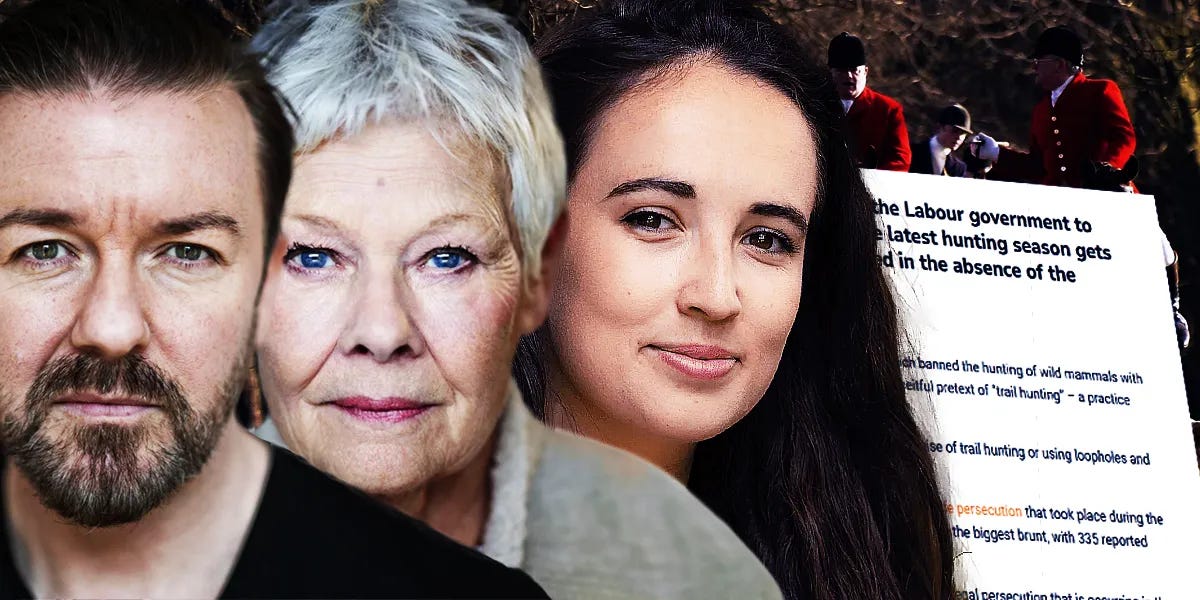
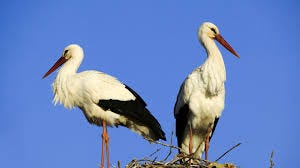
No comments:
Post a Comment